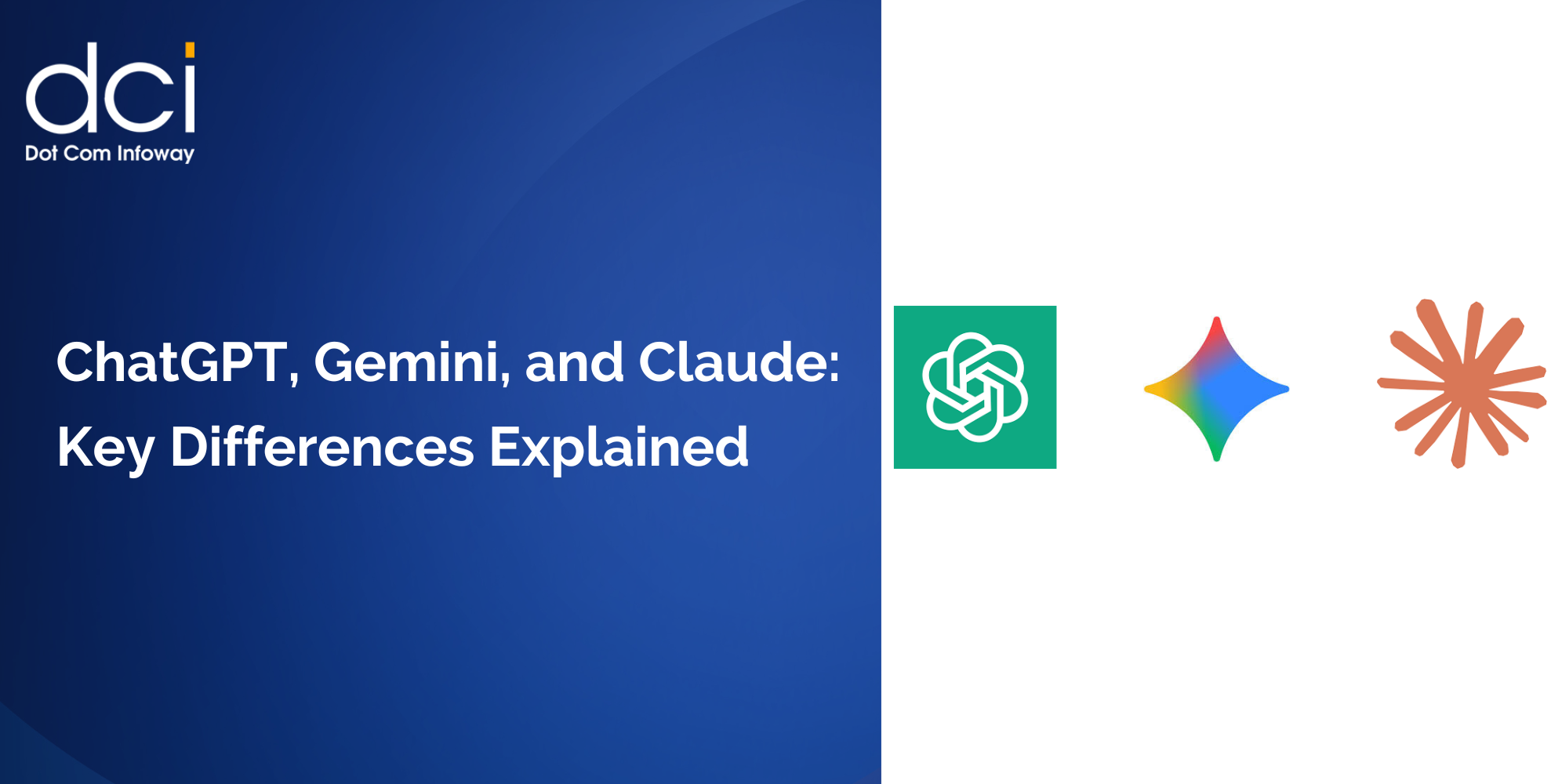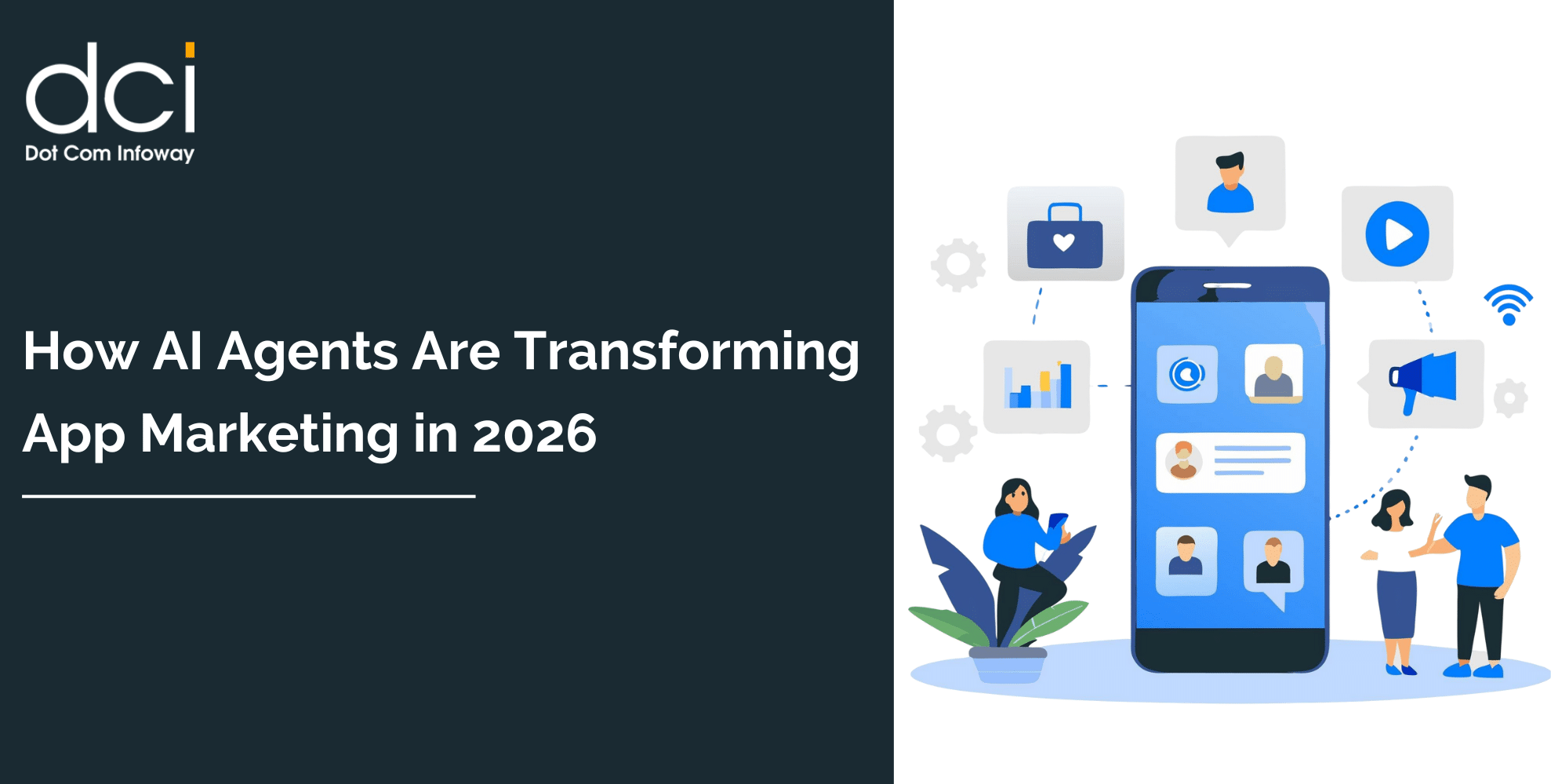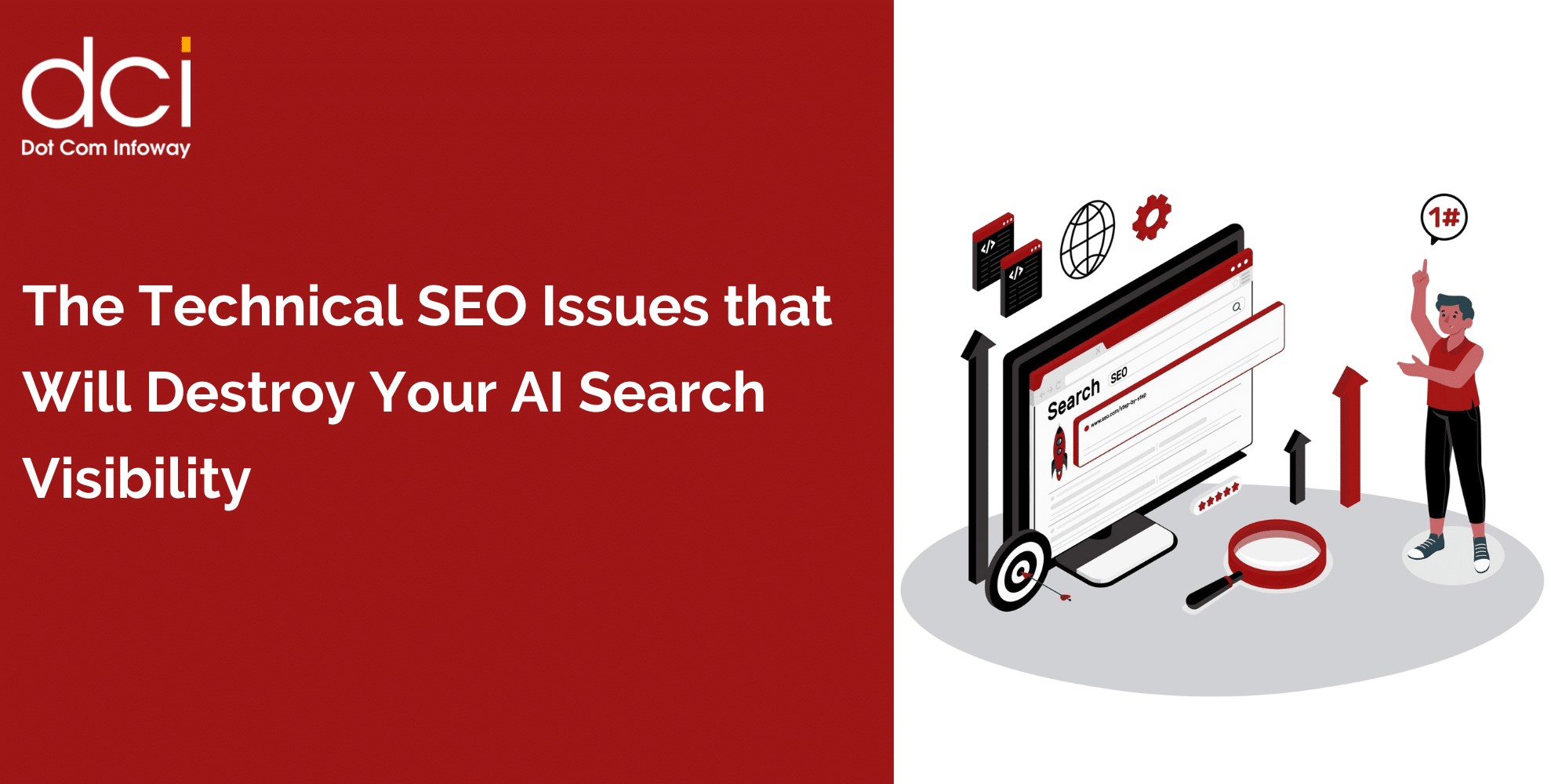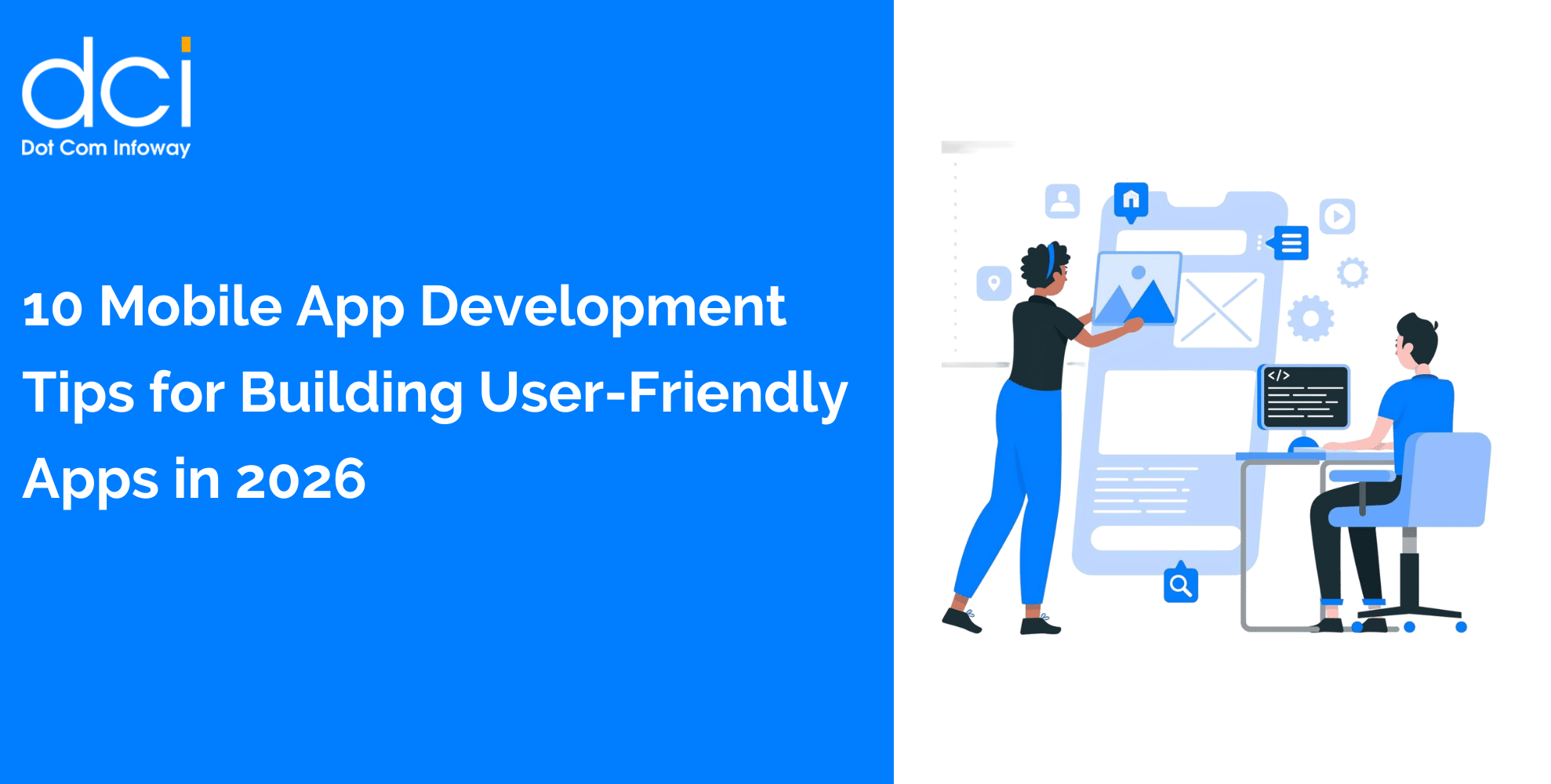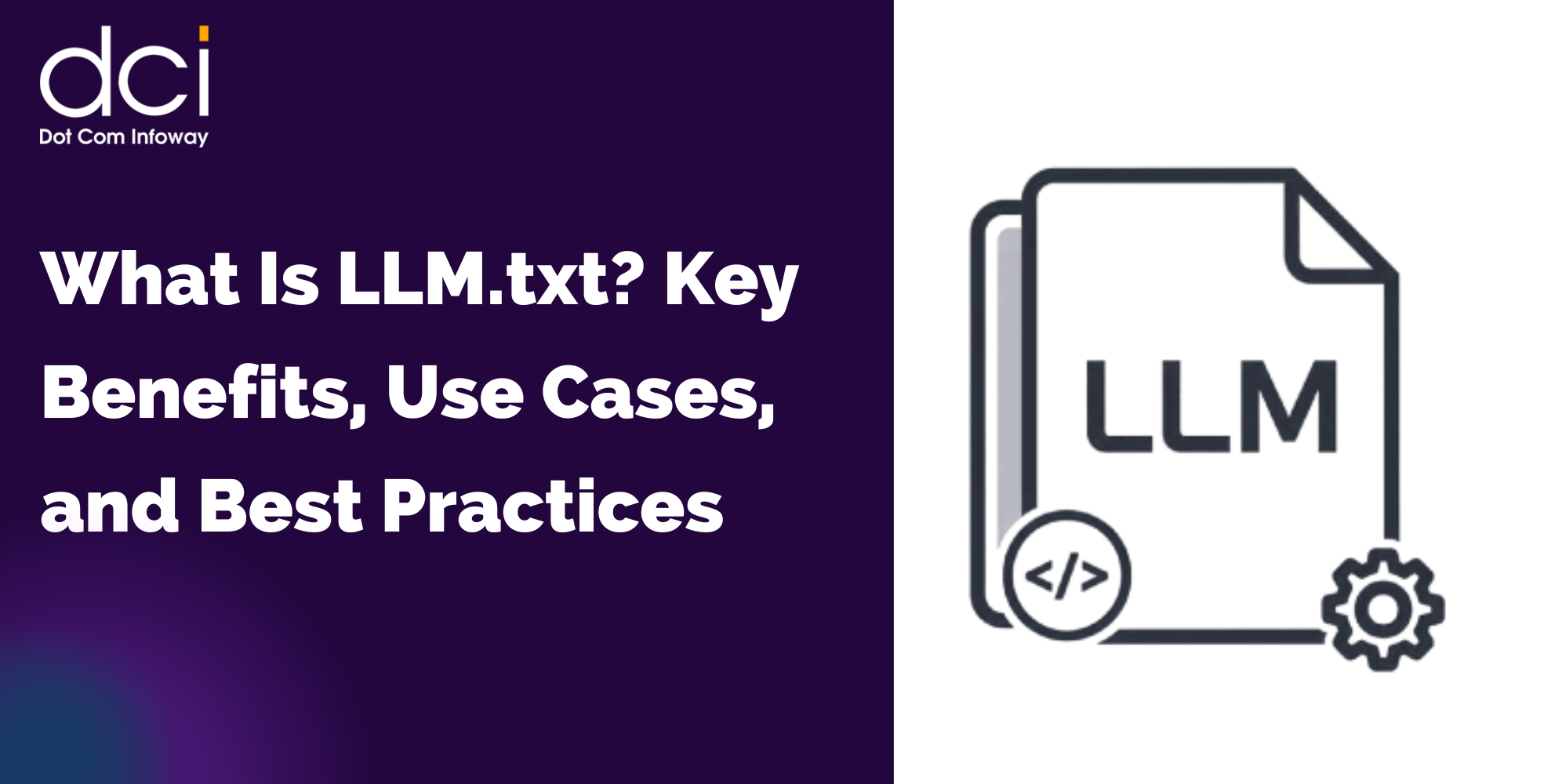Why Traditional SEO Rankings Are Dying
AI optimization has completely transformed how search results appear. When users query ChatGPT or Perplexity, they don’t see a list of ten blue links. Instead, they receive comprehensive answers with carefully curated source citations. This shift means ranking #1 on Google no longer guarantees visibility.
Dave Panfili, SEO Manager at Socium Media, explains the challenge:
“Traditional SEO approaches alone are insufficient for achieving successful AI search engine optimization. To remain relevant in AI and LLM search results, it’s necessary to consider not only technical SEO but also content architecture and LLM context engineering.”
The implications are staggering. Businesses that previously dominated search results are now scrambling to understand how to rank on AI search engines and maintain their organic traffic flow.
Understanding LLM SEO: The New Frontier
LLM SEO (Large Language Model SEO) represents a fundamental shift in optimization strategy. Unlike traditional search engines that rely on crawlers analyzing metadata and link structures, LLMs ingest and analyze content holistically, considering relationships between ideas, words, and sentences.
Industry expert Omid Ghiam from Marketer Milk, whose blog receives significant traffic from AI search engines, emphasizes this distinction:
“LLMs are trained on new information and data. If an LLM outputs something, know that its output will not be a great input for the model. ChatGPT, Grok, Claude, and DeepSeek — all of these advanced models are racing to create the best user experience possible.”
This insight reveals a crucial truth: to rank on AI search engines, you must provide unique, valuable content that these models haven’t seen before.
The Schema Markup Revolution
One of the most underestimated factors in AI SEO optimization is schema markup implementation. Research shows that nearly all sources cited in ChatGPT search results include properly implemented schema markup on their pages.
Schema markup provides LLMs with structured data that helps them understand your content’s context and relevance. This JSON-LD code, typically added to your website’s head section, tells AI models exactly what your content represents.
A recent analysis of AI search citations revealed that pages with comprehensive schema markup appear 3x more frequently in LLM results compared to those without it. This technical foundation is essential for any business serious about AI search tools optimization.
Why Bing Webmaster Tools Matter More Than Ever
The connection between Microsoft’s Bing and ChatGPT creates a unique opportunity for businesses willing to diversify their optimization efforts. Companies that rank highly in Bing often see corresponding improvements in ChatGPT search results.
This correlation isn’t coincidental. Microsoft’s partnership with OpenAI means that Bing’s search index directly influences ChatGPT’s source selection. By optimizing for Bing through their Webmaster Tools platform, businesses can effectively improve their chances to rank on AI search engines.
The setup process is straightforward: verify your website with Bing Webmaster Tools, submit your sitemap, and monitor your performance across both traditional and AI search platforms.
The Content Architecture That AI Models Crave
SEO optimization AI success depends heavily on content structure. LLMs favor content that follows specific architectural patterns:
Question-Based Headers
AI models excel at matching user queries with content that directly answers questions. Headlines formatted as natural questions (like “How does LLM SEO work?”) perform significantly better than generic titles.
NLP-Friendly Formatting
Content structured for Natural Language Processing should include:
- Clear topic sentences that directly answer questions
- Logical paragraph progression
- Semantic clues like “in summary” or “to conclude”
- Bulleted lists for complex information
FAQ Sections: The Citation Goldmine
Research from multiple SEO agencies confirms that FAQ sections receive the highest citation rates in AI search results. A study by Socium Media found that 82.5% of AI overview citations link to deep content pages, with FAQ sections being the most frequently referenced.
The Fresh Content Imperative
ChatGPT search engine optimization relies heavily on content freshness. AI models prioritize recently updated content, making regular content refreshes essential for maintaining visibility.
This goes beyond simple republishing. Effective content freshness strategies include:
- Quarterly content audits to identify outdated information
- Date stamp updates that reflect in schema markup
- New section additions that expand on existing topics
- Source citation updates with recent research and statistics
Businesses implementing systematic content freshness strategies report 40% higher citation rates in AI search results compared to those publishing static content.

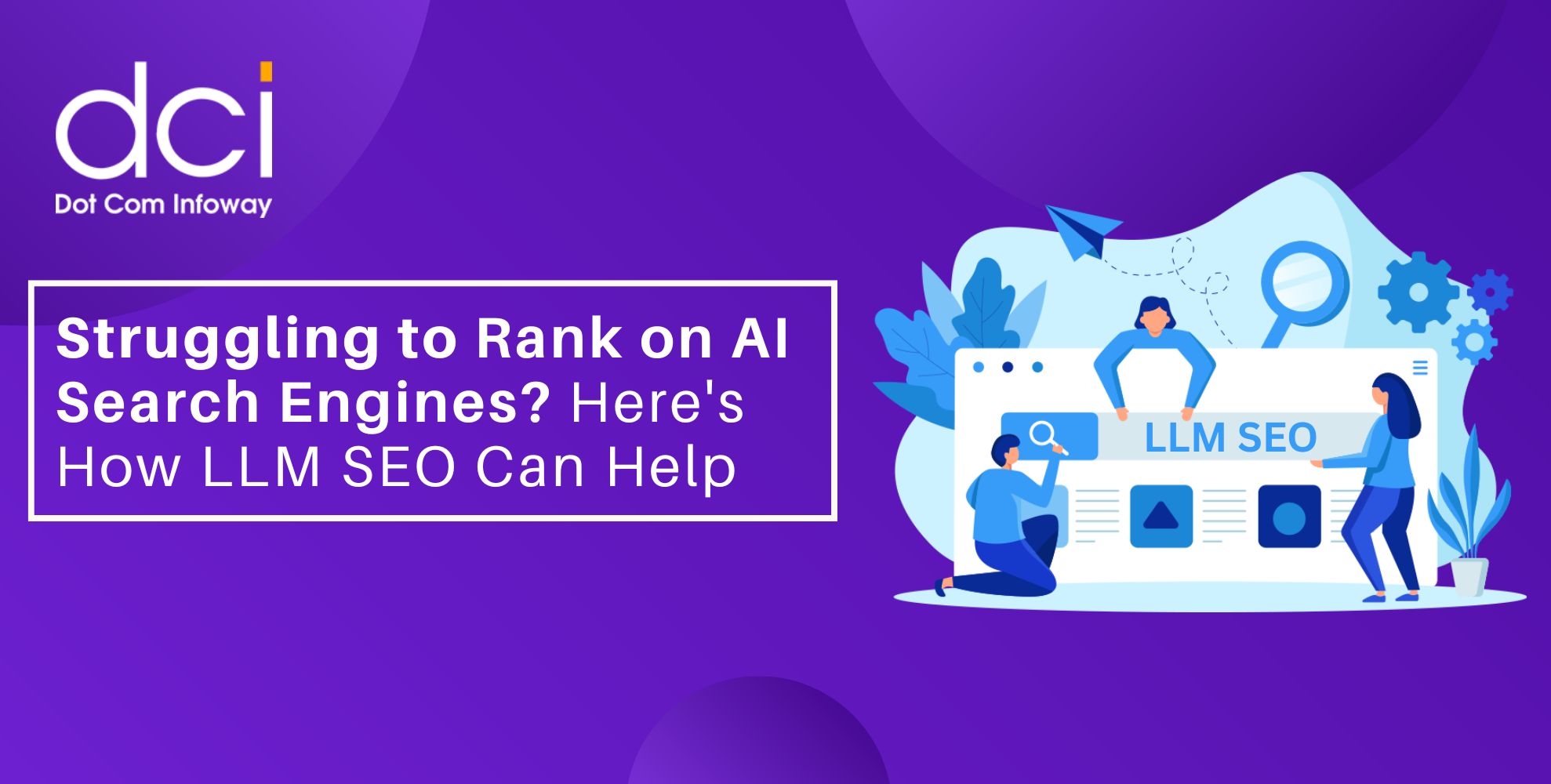





![The Game Marketing Guide: Pre and Post-Launch Strategies [Infographic]](https://www.dotcominfoway.com/wp-content/uploads/2023/09/DCI-Game-Marketing-blog-1.jpg)

